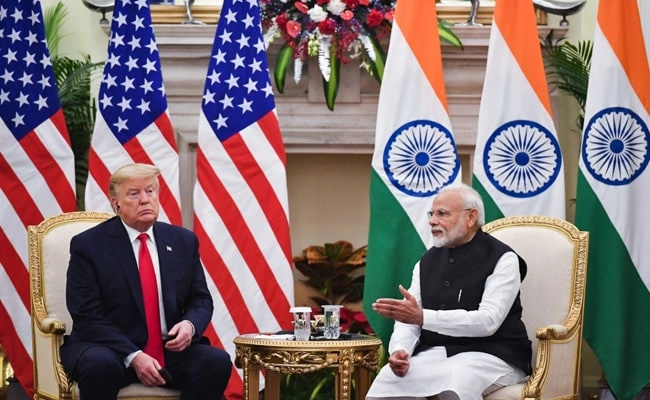The ongoing trade negotiations between the United States and India have encountered significant challenges, particularly in the agricultural sector, which is proving to be a substantial sticking point. Farm goods, including a variety of agricultural products, play a crucial role in the economic relationship between the two nations. The complexities arise from differing priorities and concerns regarding tariffs, market access, and food safety regulations. Both countries have distinct agricultural landscapes, which influence their negotiating positions.
The United States, as one of the world’s largest agricultural exporters, is keen to gain greater access to the Indian market for its products, including pulses, dairy, and various grains. Conversely, India is protective of its agricultural sector, which plays a vital role in the livelihoods of millions of farmers. Indian officials are wary of allowing an influx of American agricultural products that could undermine local farming practices and lead to job losses. This tension highlights the broader challenge of balancing economic interests with domestic agricultural policies.
Additionally, the discussions are complicated by the varying standards and regulations that each country imposes on food safety and quality. The U.S. has stringent regulations aimed at ensuring food safety, while India’s standards are often seen as less rigorous. This difference creates apprehensions about the potential impact of American agricultural imports on public health and safety in India. As both nations continue to negotiate, finding common ground on these issues remains a critical hurdle that needs to be addressed for a successful trade deal.
Ultimately, the outcome of these negotiations will not only influence the trade dynamics between the U.S. and India but also have broader implications for global agricultural markets. A successful agreement that adequately addresses the concerns of both countries could pave the way for enhanced trade relations and economic cooperation. However, without addressing the complexities surrounding farm goods, reaching a comprehensive trade deal may continue to be elusive, underscoring the inherent challenges of international trade negotiations in the agricultural sector.




